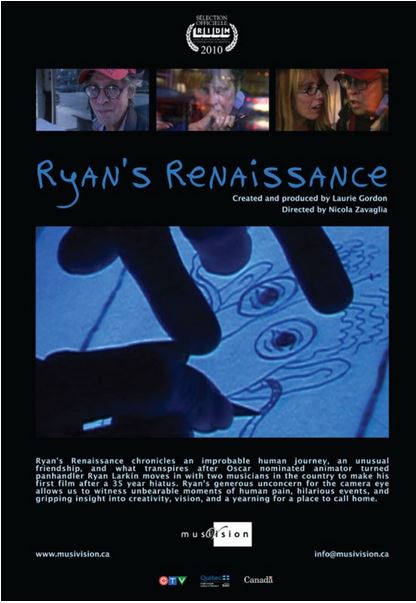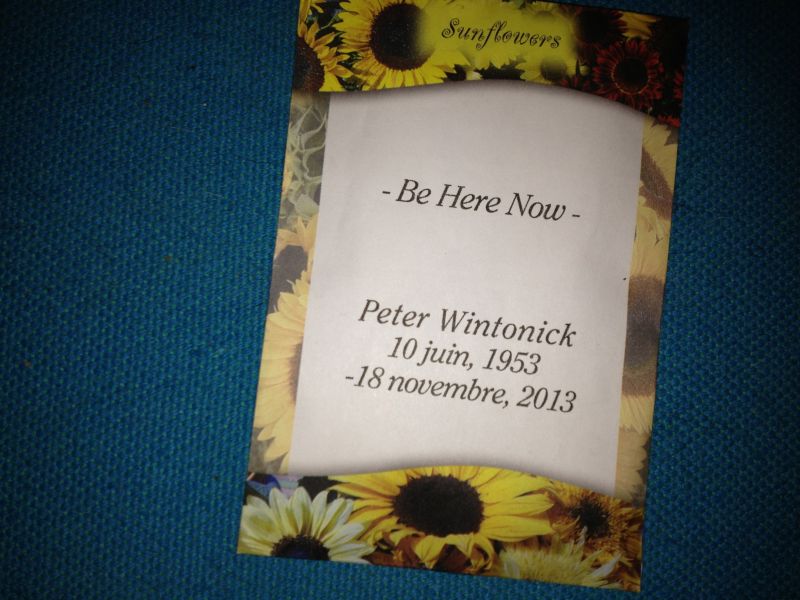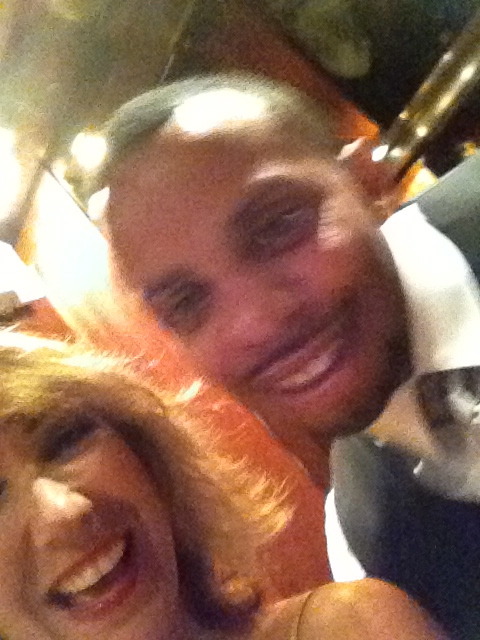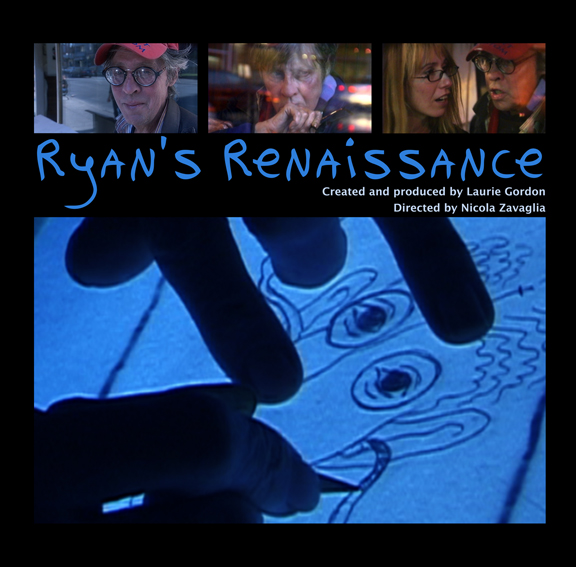|
|
||
|
Pro Tools
FILMFESTIVALS | 24/7 world wide coverageWelcome ! Enjoy the best of both worlds: Film & Festival News, exploring the best of the film festivals community. Launched in 1995, relentlessly connecting films to festivals, documenting and promoting festivals worldwide. Sorry for the interruption, we needed to correct and upgrade some modules. Working on a new website. For collaboration, editorial contributions, or publicity, please send us an email here. You need for put your full detail information if you want to be considered seriously. Thanks for understanding. User login |
Musivision Films
Musivision Films is an artist driven, full service film and music production company located in Montreal Canada. Founded in 2006 by Laurie Gordon, president of Musivision is a boutique production house working with icons of the animation world; animator Oscar nominee Ryan Larkin and Oscar winner Co Hoedeman and three time Oscar nominee cult film Heavy Metal director Gerald Potterton. Laurie is also the director of The Montreal International Animation Film Festival (MIAFF) sometimes referred to as Animaze. Musivision produced documentary film Ryan’s Renaissance (available in French and English versions) began production with partner CTV BelllMedia and broadcast on Bravo. MusiVision is currently in development with animation and feature films, including I Spy My Father about Laurie enigmatic father and a feature documentary film on animation director London born Gerald Potterton his short film High Flight. Please email laurie [at] musivision [dot] ca OR musivisionfilms [at] gmail [dot] com for more information. Musivision is working on brand new film projects for 2018. Watch this space.
 Six Filmmaking Tips with Darren Aronofsky
Fox Searchlight Pictures Article Landon Palmer - Filmschoolrejects.com :)
You can call Darren Aronofsky many things, but what you can’t call him is unambitious. From a stylized depiction of a mathematician’s gradual descent into madness to a story of one man’s love and loss that traverses across a millennium to an unrelenting journey into the life-or-death stakes of the perfect ballet performance, Aronosky’s work has tackled an array of subjects that all bear his stamp: a pursuit of perfection shared unmistakably between himself and his characters. Even when the reach of his ambitions has exceeded his grasp, Aronofsky has always made films that bear the mark of a director unwilling to compromise, for better or worse. His latest, Noah, no doubt represents his most enterprising reach yet. At once an epic Hollywood spectacle and a fable updated to deal with fears of an impending environmental apocalypse, Noah is a strange and enticing combination of big budget studio fodder and bewildering yet beautiful gestures of visionary auteurism. So here’s some free film school (for fans and filmmakers alike) from the guy who made 3.14159 cool again.
The Body is a Medium
While Aronofsky’s films exhaustively explore the subjective worlds of his characters – from the psyches of drug addicts to harried visions of a would-be boat builder – he also realizes these worlds in overtly physical, embodied ways. Aronofsky’s films are often demanding trials for his actors and discomfiting experiences for his audiences. But through his exploration of various bodies and what they are capable of doing, he finds the affective center of his characters. It’s a type of filmmaking that connects the psychology of the characters to the filmmaker and, by extension, to the audience.
Let the Story Dictate the Form
In Tad Friend’s excellent story on the making of Noah for March 17th’s The New Yorker, Aronofsky explains to the journalist the major differences between his first three features and his more recent three, as well as the evident stylistic rupture that took place between The Fountain and The Wrestler. Aronofsky left his symmetrical, mathematic approach to framing and composition in favor of a realist, handheld aesthetic this side of the Dardenne brothers when making The Wrestler. Now, instead of imposing his style on the work, he lets the work dictate the style, and thus explores a range of formal possibilities (even combining past and present styles) when the story clearly needs it.
The Real Moment Exists Between Action and CutAronosfky explains to Danny Boyle that rare moment of forgetting you’re on a movie set, when the image of the film comes forth despite all the distractions around you. He was even more explicit about this aspect of filmmaking in the New Yorker piece, explaining the draw of filmmaking the way a character from Requiem for a Dream might talk about drug use:
Bring the Story to the Audience’s DoorstepMany of Aronofsky’s characters are not inherently relatable. These are eccentric, obsessive characters living in highly specialized worlds and subcultures. While Aronofsky has now turned to the Bible for what is perhaps his most universally accessible story yet, he still has to surmount the inherent distance between Noah’s world and the audience’s. He is, as ever, invested in making the idiosyncratic or exceptional story somehow accessible and relatable to his audience. For a filmmaker with a pronounced visual style and a penchant for tackling difficult subjects, he sure isn’t interested in alienating the people who venture into his films.
Do Another OneBring it.
Some Ideas are Simply Incompatible with Hollywood
Many as-yet-unproduced Aronofsky projects have floated around Hollywood, making headlines on your local movie news site/rumor mill. The most notorious of which is probably his Batman: Year One project, which sought at one point to realize a homeless Batman – a true Aronofskyan outsider if there ever were one. With Noah, Aronofsky contended with the studio system and ultimately won, releasing a film that he fully endorses as his vision. But Aronofsky, whether making a grassroots indie or a nine-figure would-be Hollywood blockbuster, has the same uncompromising approach. He’s a true indie no matter the mode he’s working in. We need filmmakers like this. Yet they also demonstrate exactly the creative parameters that a studio mode of filmmaking can and cannot handle.
Final ThoughtsNumerous testimonies from actors and journalists have repeatedly asserted that Aronofsky is surprisingly unlike his characters in an everyday sense. Where his protagonists are often broken, obsessive loners, Aronofsky is reportedly a talkative social butterfly. Where his characters are introspective and brooding, Aronofsky is jovial and colorful. Unlike many an auteur, rarely are Aronofsky’s characters stand-ins for himself or his own biographical preoccupations. The filmmaker sees cinematic storytelling as a way to connect with people and ideas that are thematically interesting, and that have perhaps been underexplored elsewhere in movies. Filmmaking for Aronofsky is not a mode of exorcism, but a vehicle for experience. At the same time, it’s also abundantly clear that there is one area in which Aronofsky is unquestionably aligned with his characters, where he becomes obsessive and prone to introspection, and that’s through the filmmaking process. Based on the words of actors and journalists, it’s evident that Aronofsky approaches filmmaking with a clear vision that will not be shaken until it’s realized in full. Aronofsky’s protagonists, then, are very much like him in this singular aspect: their own obsessions mirror his approach to filmmaking itself.
16.04.2014 | Musivision Films's blog Cat. : Black Swan Darren Aronofsky features Filmmaking Tips Noah Requiem for a Dream the fountain THE WRESTLER
|
LinksThe Bulletin Board > The Bulletin Board Blog Following News Interview with EFM (Berlin) Director
Interview with IFTA Chairman (AFM)
Interview with Cannes Marche du Film Director
Filmfestivals.com dailies live coverage from > Live from India
Useful links for the indies: > Big files transfer
+ SUBSCRIBE to the weekly Newsletter DealsUser imagesAbout Musivision FilmsThe EditorUser contributions |
























 MusiVision Films
MusiVision Films 


